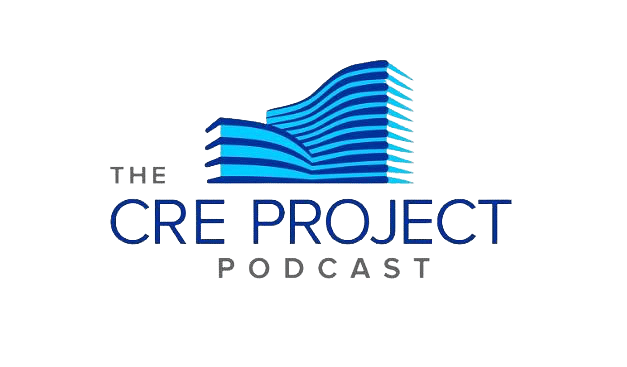Ever wondered what goes on behind the scenes in the world of commercial real estate law? Join Clayton in an intriguing conversation with Linda, a seasoned attorney with a wealth of experience navigating the intricate landscape of commercial real estate transactions.
From her journey spanning New Mexico to California and back, Linda shares valuable insights into the nuances of lease agreements, due diligence processes, and negotiation strategies that are crucial for success in the industry.
This episode delves into the complexities of commercial real estate law, exploring topics such as the importance of hiring a specialized attorney, key points to consider during due diligence, and common pitfalls in lease agreements. Linda provides invaluable advice on navigating disputes, negotiating lease terms, and leveraging legal expertise to achieve favorable outcomes. Whether you're a seasoned real estate professional or a newcomer to the industry, this episode offers a treasure trove of practical wisdom and actionable insights to elevate your understanding and approach to commercial real estate transactions.
Whether you're seeking to enhance your negotiation skills, gain insights into due diligence processes, or navigate legal complexities with confidence, don't miss out on this enlightening discussion with Linda.


